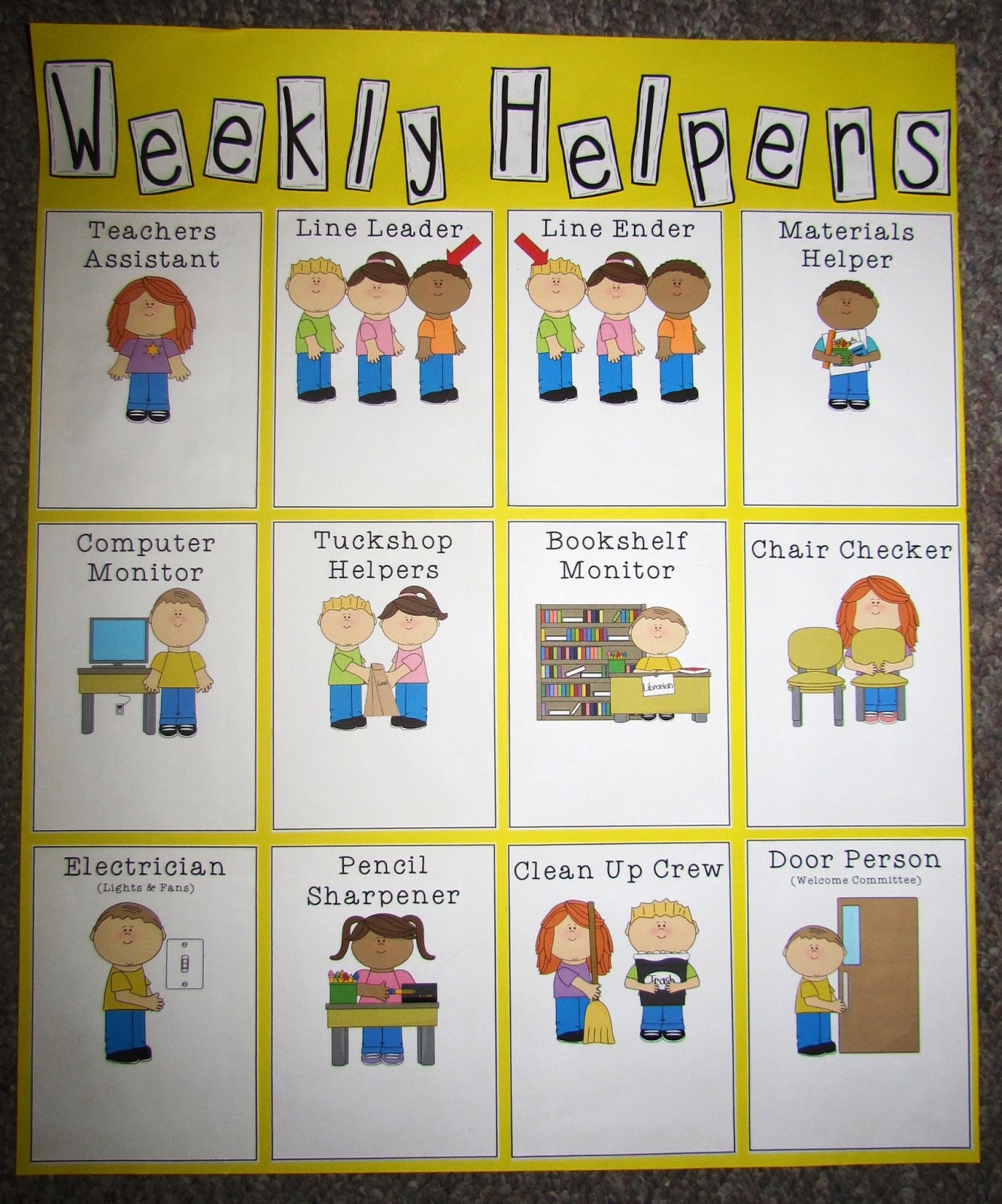
The Role of Classroom Jobs in Teaching Kids Responsibility

In a classroom setting, assigning students various jobs can have a significant impact on their personal and educational development. Not only does it teach them responsibility, but it also helps them learn valuable life skills, including money management. By incorporating classroom jobs and incorporating a monetary system, educators can create a positive and engaging learning environment for their students.
Assigning classroom jobs to students enables them to take ownership and responsibility for their classroom community. Each student can have a specific task or role to fulfill, such as line leader, librarian, or classroom cleaner. This approach not only fosters a sense of belonging but also encourages teamwork and cooperation among students.
Introducing the concept of money into classroom jobs can further enhance the learning experience. By assigning a value or a small monetary reward to each job, students can learn about financial responsibility from a young age. They can understand the concept of earning money by completing tasks and develop an understanding of how money is earned through effort and hard work.
Money Management Skills: A Lifelong Benefit

Teaching kids about money management is a crucial life skill that will benefit them throughout their lives. By incorporating money into classroom jobs, educators can create a hands-on learning experience that will help students understand the value of money and how to manage it responsibly.
When students receive a monetary reward for completing their classroom jobs, they have the opportunity to practice budgeting and saving. They can learn to set financial goals and allocate their earnings wisely. These skills will prove invaluable as they grow older and start managing their own finances.
Furthermore, by introducing a classroom economy, educators can teach children about basic economic principles in a simplified and relatable manner. Students can learn about supply and demand as they negotiate wages for their jobs or participate in classroom auctions. These experiences provide a foundation for understanding the broader economic system they will encounter in the future.
The Impact of Classroom Jobs on Academic Performance

Classroom jobs not only teach responsibility and money management but also have a positive impact on students' academic performance. When students have a sense of ownership and responsibility within their classroom community, they are more engaged and motivated to excel academically.
Assigning classroom jobs can also help develop essential organizational and time management skills. Students learn to prioritize their responsibilities and manage their time effectively to fulfill their job requirements while also completing their academic tasks. These skills are transferable and can greatly benefit students in their future endeavors.
Incorporating Classroom Jobs and Money into the Curriculum

Integrating classroom jobs and money management into the curriculum is a seamless process that can be incorporated into various subjects and activities. Educators can discuss the importance of responsibility and money management during class discussions or incorporate financial literacy lessons into math or social studies classes.
Additionally, educators can organize special events, such as a classroom auction or a marketplace, where students can spend their earnings. These hands-on experiences provide practical application of the skills they have learned and create a fun and interactive learning environment.
Conclusion
Classroom jobs and the incorporation of money management skills provide an excellent opportunity for educators to teach kids about responsibility, financial literacy, and essential life skills. By creating a classroom economy and assigning jobs, students can learn the value of money, develop financial responsibility, and improve their academic performance. Moreover, these skills will benefit them throughout their lives as they navigate the complexities of the real world.